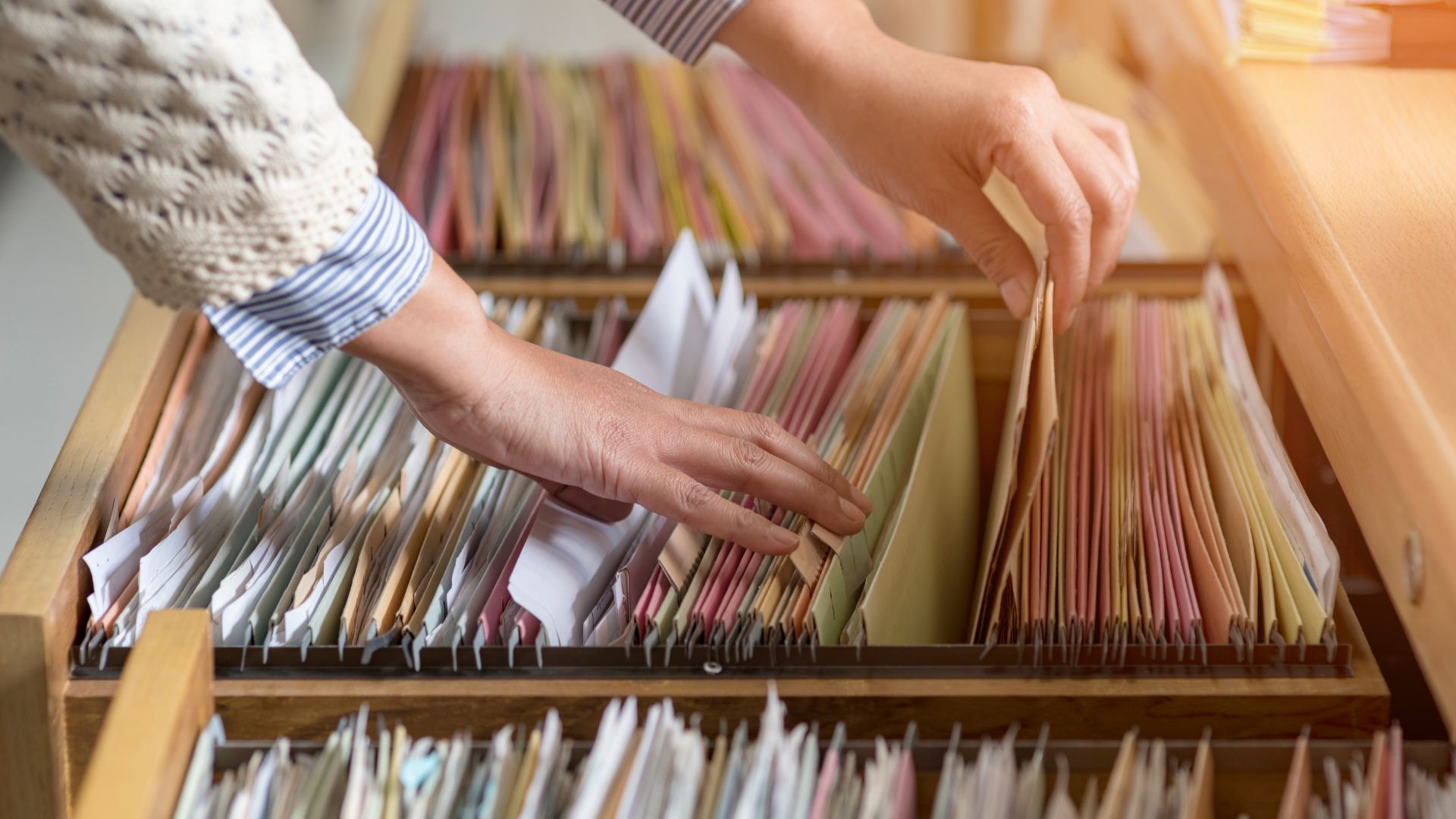Looking at those piles of documents eating up your physical and digital space could be an eye sore. But before you shred those documents or delete files, know that the Canada Revenue Agency (CRA) requires you to keep all necessary business documents for six to seven years. As a small business owner, you must maintain all documents properly and create a backup in case you lose the original. Because if there is a CRA audit, those documents could save you from a hefty penalty and possible legal action.
The saying goes, “It’s better to have them and not need them than to need them and not have them.”
What constitutes a business document?
The CRA defines a record as a document written or typed that can support your income and expense claims. Whether you start a business, buy an asset, receive money, or pay tax, they all constitute a transaction. Every business transaction should be recorded in a format. The transaction could be an agreement, book, chart, form, or image.
A business record should contain vital information about the transaction, like the date, place, parties involved, the breakup of the amount, and the transaction status. As a small business owner, it is your responsibility to maintain a daily log of all business transactions, save the supporting documents and make them available to the CRA when required.
Do not delay organizing your documents; it could become a huge pile, and any missing document could be hard to procure. Here is a checklist of documents to help you get organized and ready for taxes.
Income Records All Small Business Owners Should Have
To understand what documents you need, open your books of accounts and look for all transactions that you claim as income. Ensure you have a supporting document for every transaction, like contracts, receipts, bank deposit slips, and sales invoices.
For instance, John provides building management services to offices under a contractual agreement. He should store the original contract, contract renewals, and sales invoices in sync with the contract. If there is a change in the contract terms, he should get it in writing and save it. Likewise, if you are a business owner who has rented a portion of their office space, you should save rent receipts and the rent agreement.
Ensure that all the information in the document is in sync with your books of accounts. In case of any discrepancy, you can correct your books early. In the case of the contract, ensure it is duly signed and dated.
Keep Records of All Expenses Categorized as Business Expenses
As a freelancer or sole proprietor, it is easy to mix personal and business expenses. But remember, to claim a business expense, you have to document it. Write all your business expenses daily and save the supporting receipts and purchase invoices. It could include the software subscriptions you took to market your business or the professional fee you paid your accountant. It could also be your road trip to the vendor to discuss the supplies or the bill for a coffee shop where you had a client meeting.
Things can get tricky with a shared asset like your personal car or a home office. The CRA has guidelines for what constitutes a business expense and personal expense. This is also an area the CRA first audits as small business owners make the common mistake of categorizing personal expenses as business expenses.
Home Office Expense
You can claim utility, internet, home insurance, second phone line, and property tax bills as a business expense if you work from home. However, you can only claim a fraction of the expense you have converted into a home office. For instance, you have a 750 sq. ft. area and converted a 250 sq. ft. area into an office. You can claim 33% of the above expenses if you have the bills and receipts. But there are exceptions.
Vehicle Office Expense
A vehicle is a “mixed-use asset.” You use your car for the family vacation, doctor’s visit, or pick up supplies for the office. How do you expense for this? Here the valid document would be a log of your travel. This log should contain the date, time, mileage, and purpose of visit. You can only bill for the travel done for business purposes. The CRA also allows you to deduct routine maintenance of vehicles, like tire rotations, oil changes, or other major automobile repairs. So keep those receipts safely.
Other Business Documents
Apart from records directly linked to the transaction, small business owners should keep documents like licenses and permits, articles of incorporation, bank statements, financial statements, and income tax filings. While these documents are available for download on the respective website, it is recommended you download them and keep a digital and physical backup.
If you cannot produce these documents at the time of the audit, it could become cumbersome to procure them. The above list is not exhaustive. There might be some documents specific to your industry or business. Seek professional advice from your accountant and tax consultant and ensure your documents are complete, compliant, and accessible. This may look like a lot of work, but a proper documentation process can smoothen this work and save you a hefty penalty in case of a CRA audit.
TRUST ESS CPAS LLP IN BURLINGTON FOR RELIABLE TAX ADVICE
Talk to a professional bookkeeper or an accountant at Edelkoort Smethurst CPAs LLP in Burlington who can guide you in building a smooth documentation process. To speak with one of our knowledgeable Chartered Professional Accountants, please contact us online by telephone at 905-517-2297.

